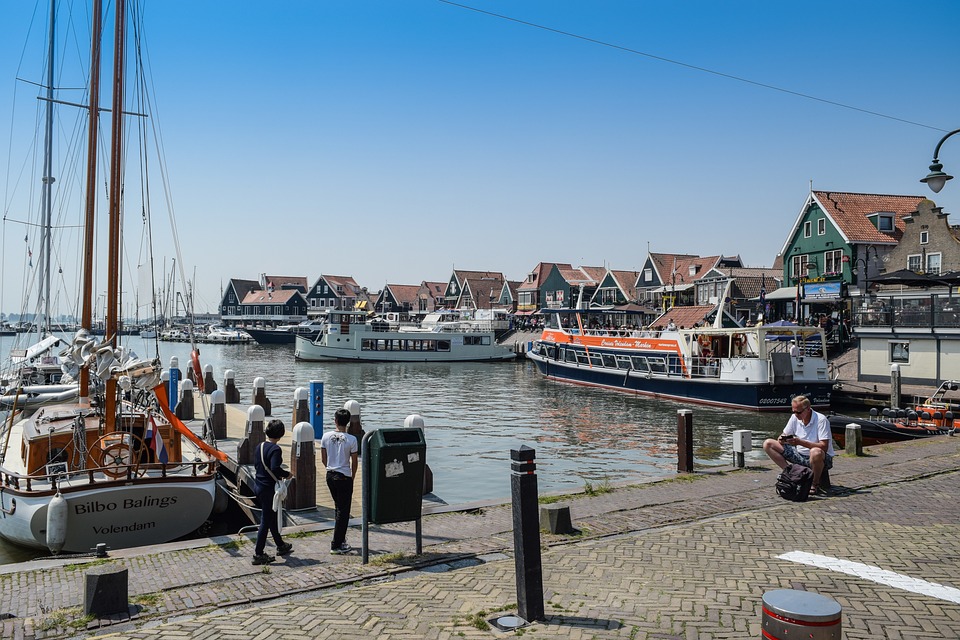Introduction
The port of Algeciras, located in the south of Spain, is one of the most important maritime hubs in the Mediterranean Sea. With its strategic location at the entrance of the Strait of Gibraltar, Algeciras Port serves as a vital link between Europe, Africa, and the Americas. In this article, we will explore the significance of Algeciras Port as a strategic location for international shipping routes.
History of Algeciras Port
Algeciras Port has a long and rich history that dates back to ancient times. The port has served as a key trading post for various civilizations, including the Phoenicians, Romans, and Moors. In the modern era, Algeciras Port has become a major player in the global shipping industry, handling millions of tons of cargo each year.
Strategic Location
One of the main reasons for the success of Algeciras Port is its strategic location at the entrance of the Strait of Gibraltar. The port is situated at the crossroads of major shipping routes that connect Europe, Africa, and the Americas. This strategic location makes Algeciras Port an ideal gateway for trade between these continents.
Infrastructure and Facilities
Algeciras Port boasts state-of-the-art infrastructure and facilities that cater to the needs of modern shipping. The port is equipped with deep-water berths, container terminals, and storage facilities that can accommodate a wide variety of cargo. In addition, Algeciras Port is well-connected to the region’s road and rail networks, making it easy for goods to be transported to and from the port.
Trade and Economic Impact
Algeciras Port plays a key role in the economy of the region, generating significant revenue and creating thousands of jobs. The port handles a wide range of goods, including containers, automobiles, and bulk cargo. Its strategic location and efficient operations have made it a preferred choice for many shipping companies looking to expand their presence in the Mediterranean.
Connectivity and Accessibility
Algeciras Port is well-connected to major shipping routes that link Europe, Africa, and the Americas. The port is a key stop for many shipping lines that operate in the region, making it a vital hub for international trade. In addition, Algeciras Port is easily accessible by road, rail, and sea, providing shippers with multiple options for transporting their goods.
Expansion and Development
In recent years, Algeciras Port has undergone significant expansion and development to meet the growing demand for maritime services. The port has invested in new infrastructure, such as expanded container terminals and advanced cargo handling equipment, to improve its efficiency and capacity. These investments have positioned Algeciras Port for continued growth in the years to come.
Sustainability and Environmental Impact
Algeciras Port is committed to sustainability and environmental stewardship. The port has implemented practices to reduce its carbon footprint and minimize its impact on the environment. These efforts include using eco-friendly fuels, implementing waste management programs, and promoting energy efficiency in its operations.
Future Outlook
The future looks bright for Algeciras Port as it continues to expand and strengthen its position as a global maritime hub. With its strategic location, efficient operations, and commitment to sustainability, the port is well-equipped to meet the challenges of the 21st century shipping industry. As international trade continues to grow, Algeciras Port will play an increasingly important role in connecting the continents and facilitating global commerce.
Conclusion
Algeciras Port is a strategic location for international shipping routes, thanks to its prime position at the entrance of the Strait of Gibraltar. The port’s infrastructure, connectivity, and commitment to sustainability make it a key player in the global maritime industry. As trade volumes continue to increase, Algeciras Port is poised to play an even greater role in shaping the future of international shipping.
